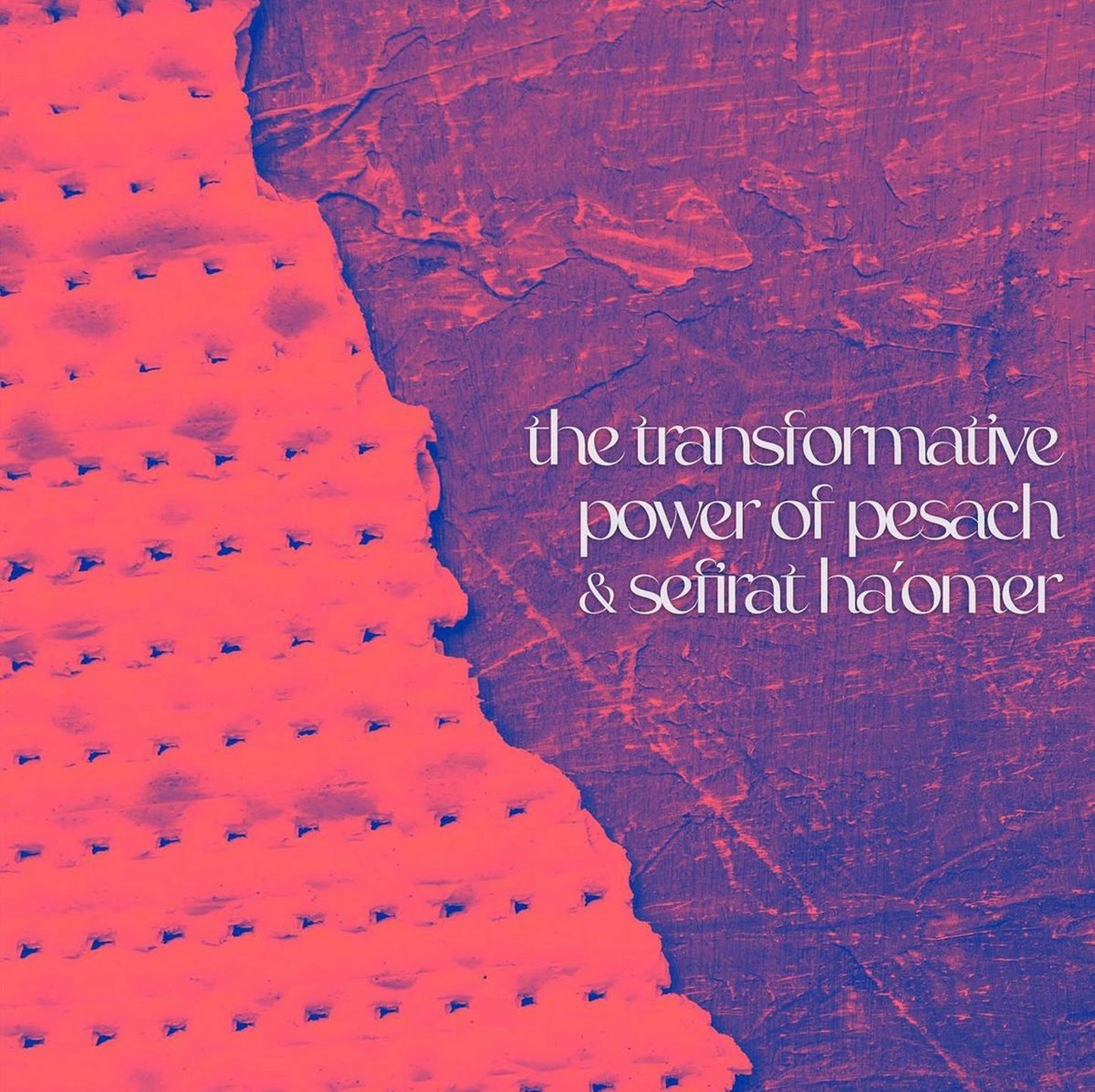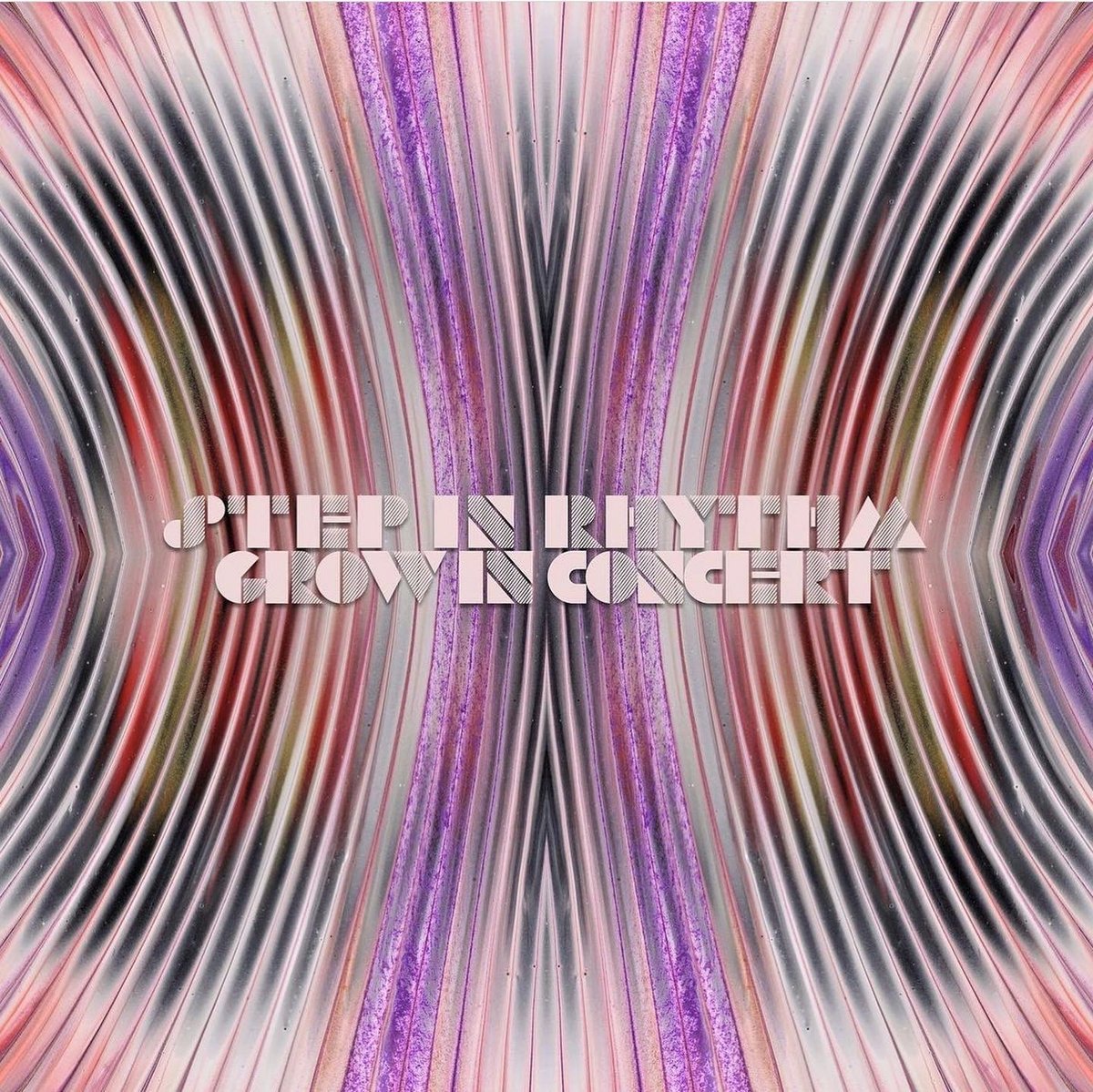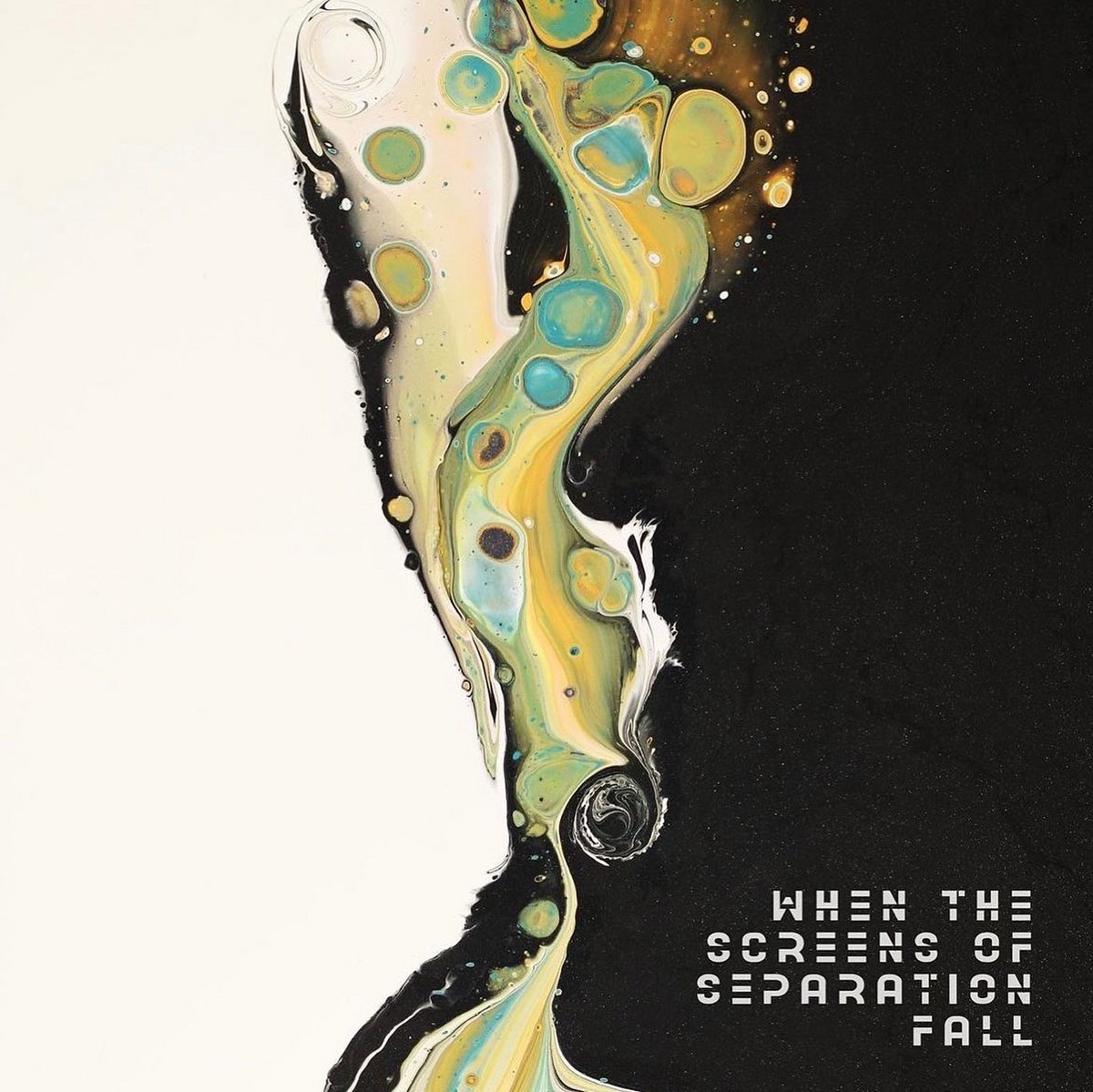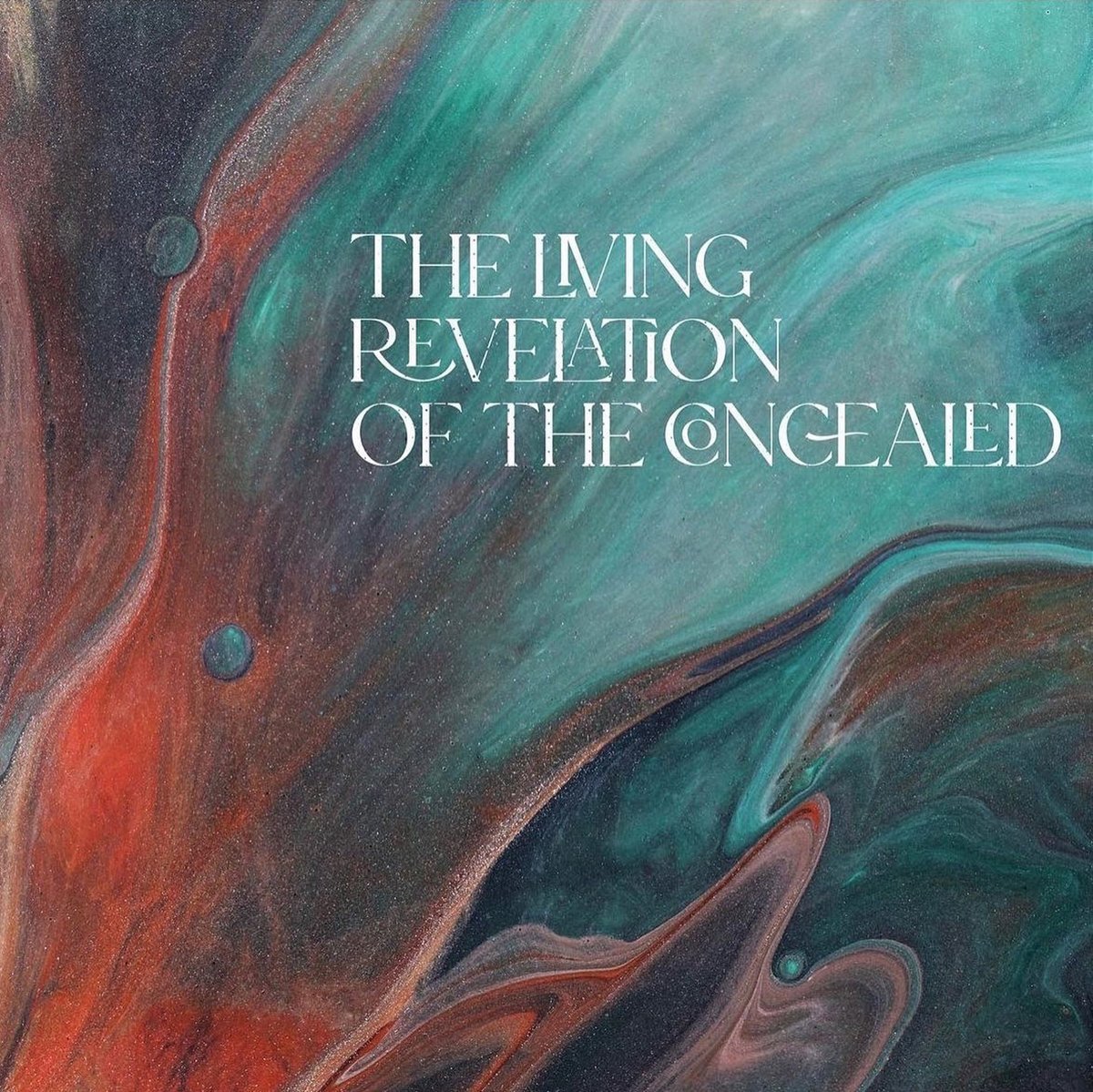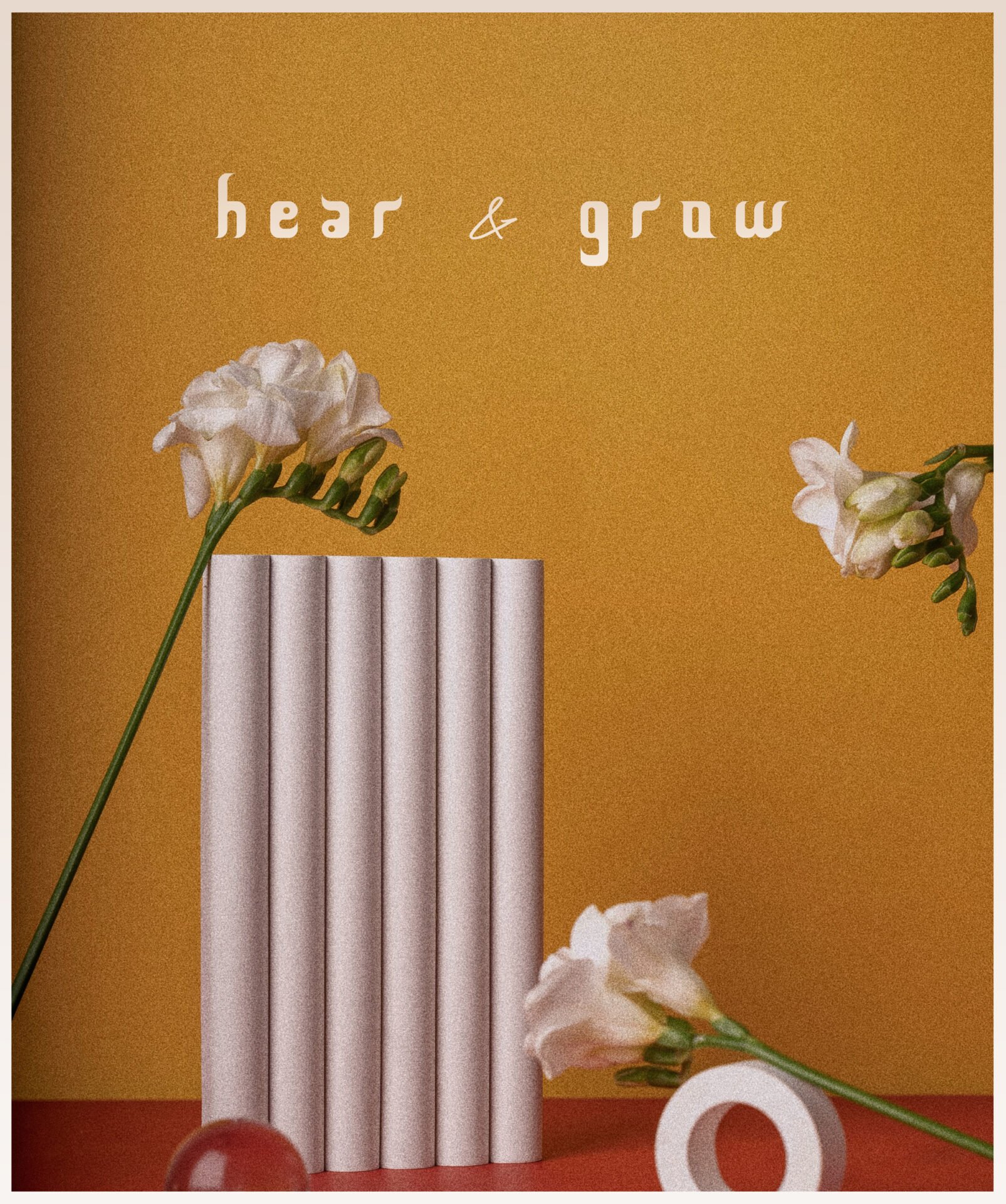The Transformative Power of Passover & Sefirat HaOmer
All of Passover (Pesach) is an opportunity for bitul hayesh, to negate and nullify all traces of ego and self-centeredness, to transcend the illusion of self. I just wrote this Pesach & Omer companion called, ‘The Transformative Power of Pesach and Sefirat Ha’Omer’ that you might find interesting. We can draw connections between the weekly portion from Leviticus and the larger Jewish story of moving from spiritual constriction into spiritual freedom. From safek (doubt) into salvation, the mindset of Redemption. Chametz literally means leavening: that which causes bread to rise. Chazal (Our Sages) teach us that this chametz represents arrogance and the evil inclination, the yetzer hara. In Talmud Berachot, the yetzer hara is depicted as the “yeast in the dough”, puffing up a person’s pride. We are obligated to search our homes in preparation for Pesach, collecting any leftover …
The Transformative Power of Passover & Sefirat HaOmer Continue Reading
